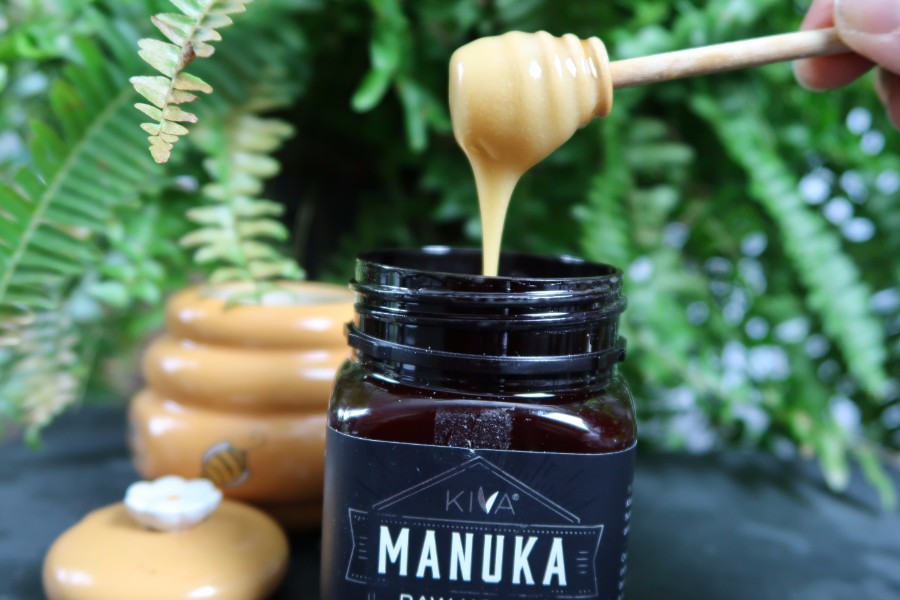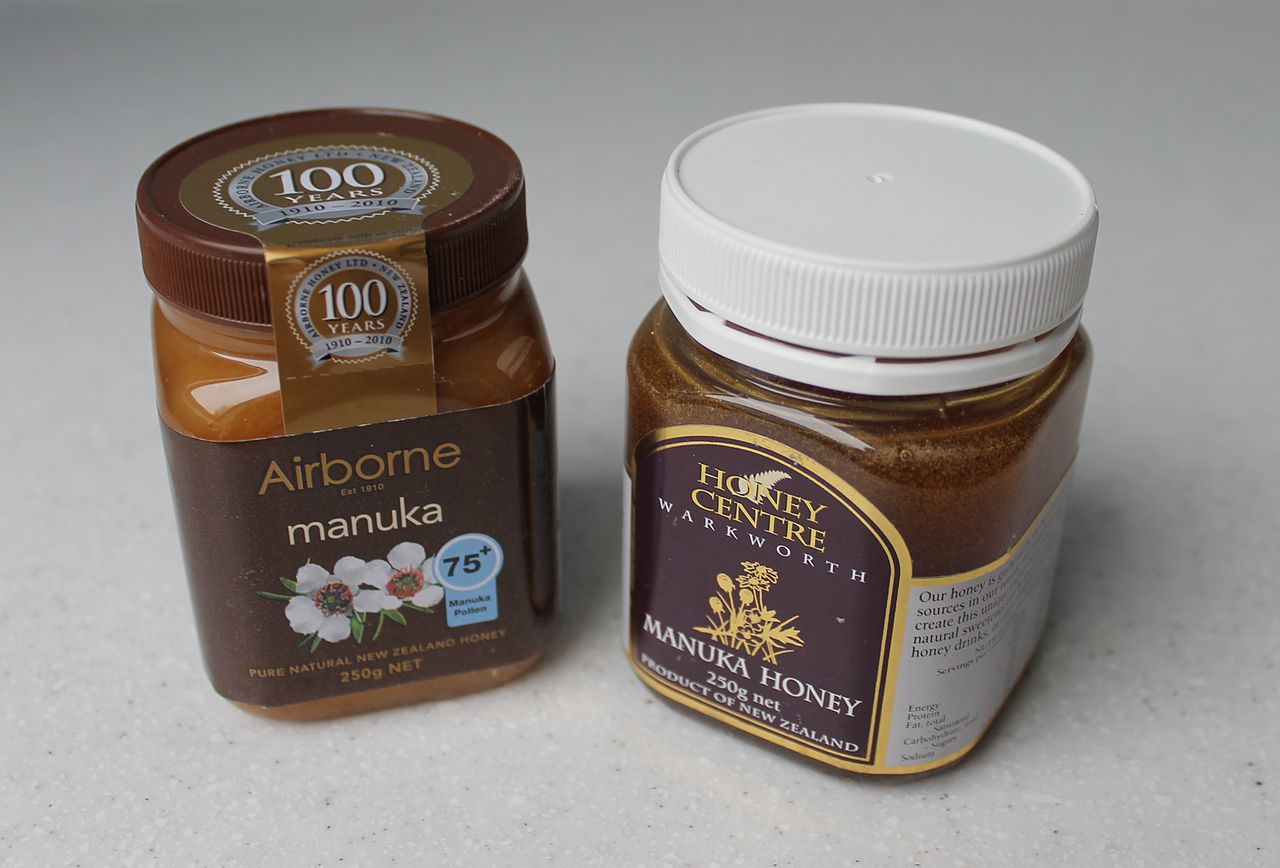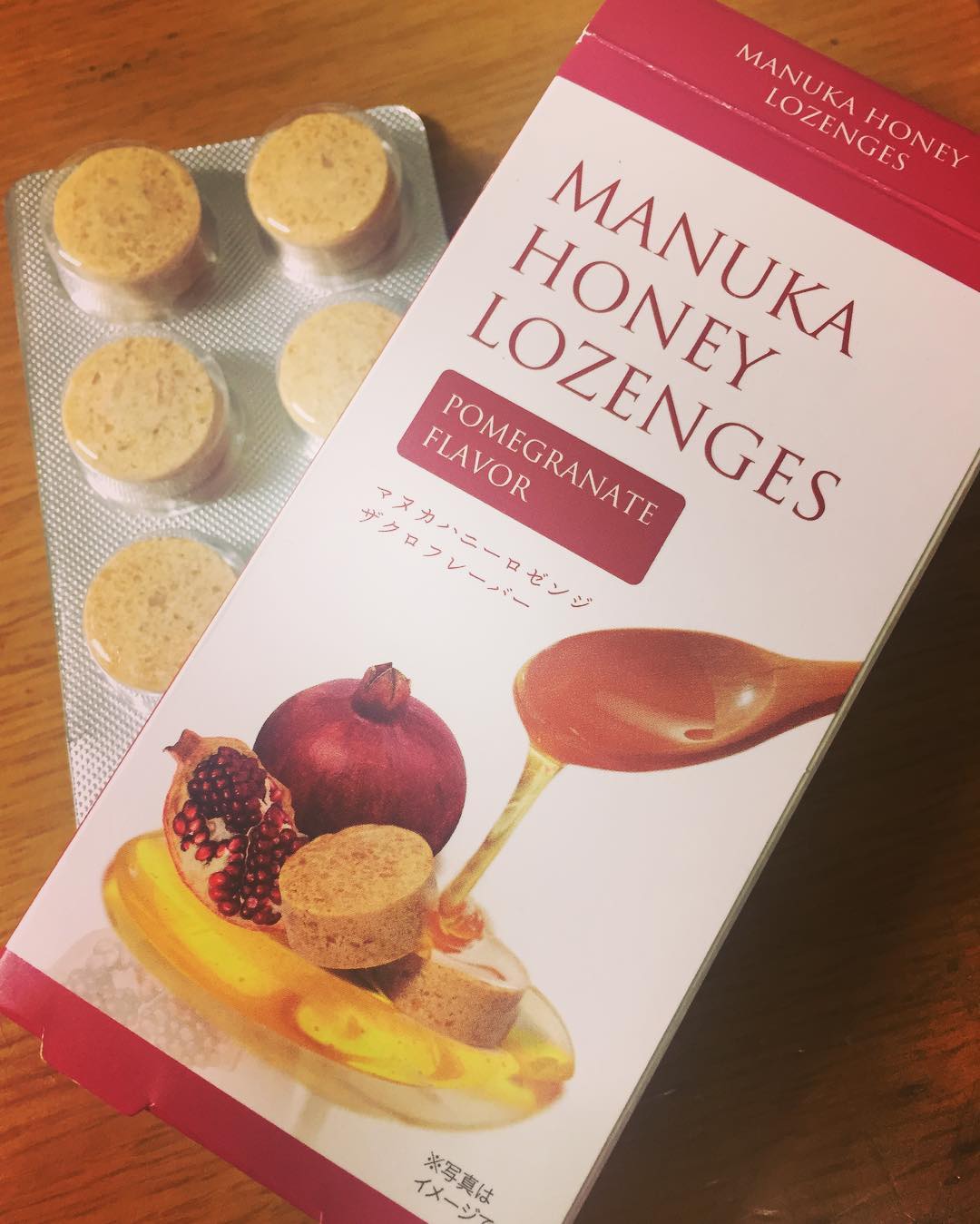What You Need to Know About Manuka Honey
By:
Like other so-called "miracle" products like turmeric, apple cider vinegar, and colloidal silver, manuka honey is an expensive alternative medicine treatment that has people divided over its actual benefits.
 Flickr
Flickr
Proponents of the honey—which is produced in New Zealand (and to a lesser extent in Australia) by bees that pollinate the native manuka bush—say it's a natural disinfectant that also has spectacular immune boosting and healing powers. However, skeptics say it's just another over-priced and under-regulated miracle cure with little scientific research to support the lofty claims.
As with most alternative medicine products, the truth is somewhere in the middle.
Manuka honey might have some medical benefit, but it's nothing you can't get from a scientifically proven treatment for much less money.
Since ancient times, honey has been used as a natural treatment for skin infections and wounds because it contains hydrogen peroxide. No less an authority than Aristotle recommended the use of honey as "a good salve for sore eyes and wounds."
The healing property of honey on skin wounds has been extensively proven in research, with a 2012 study in the journal Frontiers in Microbiology writing that the hydrogen peroxide found in honey "is a potent antimicrobial agent [...] which is introduced into honey during nectar harvesting by bees."
It goes on to say that "the correlation between the endogenous hydrogen peroxide concentration and the inhibitory activity of bacterial growth by honey is well established."
In fact, the Food and Drug Administration approved the use of medical grade honey for wound treatment in 2008, leading to a flood of FDA-approved over the counter medical honey products. Some of these use manuka honey because it has especially potent antimicrobial properties, which are higher than most other commercially produced honey types.
These products are generally as effective as topical antibiotics like Neosporin, and might even help prevent the rise of antibiotic-resistant superbugs like MRSA.
 Gary Geezer/Wikimedia Commons - wikimedia.org
Gary Geezer/Wikimedia Commons - wikimedia.org
But to the alternative medicine websites touting manuka honey as a treatment, its use goes far beyond simple wound care.
The website of influential holistic healer Dr. Axe touts its "Top 10 Manuka Honey Uses and Benefits," while the website Natural Living Ideas offers "17 Life Changing Reasons You Need A Jar Of Manuka Honey."
Some of these are variations on wound care, but others are lofty claims about manuka honey's ability to treat or improve stomach issues, diabetes, allergies, sore throats, gingivitis, and the flu. Other sites also tout its ability to "boost the immune system" or even cure cancer.
It should be noted that while there has been research on honey as a wound cure, there has been almost none on it for virtually any other use. Memorial Sloan Kettering Cancer Center (MSKCC) ran down almost every alternative medicine use of manuka honey, and found that while it has value in wound healing and fighting topical infection, it's been either untested or found to be useless for a variety of other conditions.
 prashant522/Wikimedia Commons - wikimedia.org
prashant522/Wikimedia Commons - wikimedia.org
It's been found to be ineffective in lowering cholesterol, treating gastrointestinal tract problems, and in reducing radiation-induced oral mucositis. It's also untested in the treatment of diabetes and cancer, and any oral health benefits it might have would need larger clinical trials to study them, according to MKSCC.
The Mayo Clinic also found manuka honey's efficacy as an alternative medicine treatment mostly lacking in evidence, with only small pilot studies supporting it.
Any kind of dive into the properties of manuka honey quickly finds another problem with it: a lack of quality control.
According to U.K. newspaper the Independent, New Zealand's leading manuka honey trade organization estimates that about 10,000 tons are consumed around the world in various health and beauty products. However, New Zealand only produces about 1,700 tons per year. This means that the majority of what's being marketed at a premium price as containing manuka honey isn't genuine.
The Independent reported on a whistleblower alleging that "there is significant mislabeling and disingenuous claims across the UK," and that "from high street shops to online retailers, counterfeit manuka honey is on sale across the U.K." Licensed manuka growers in New Zealand divide up the potency of their product with a number called Unique Manuka Factor (UMF), with anything above 16 being considered the most pure and potent manuka. But with the proliferation of fake manuka, it's impossible to prove whether any given jar's UMF is accurate, and manufacturers are desperate for tests to tell the real stuff from fake.
Given that jars of manuka average $30 in the U.S., the problem of fake manuka is serious enough that New Zealand is trying to copyright the term. Until they do, those wishing to take advantage of honey's anti-microbial properties are advised to use one of the many FDA approved products on the market, and skip the more expensive and questionable varieties at their local health food store.
